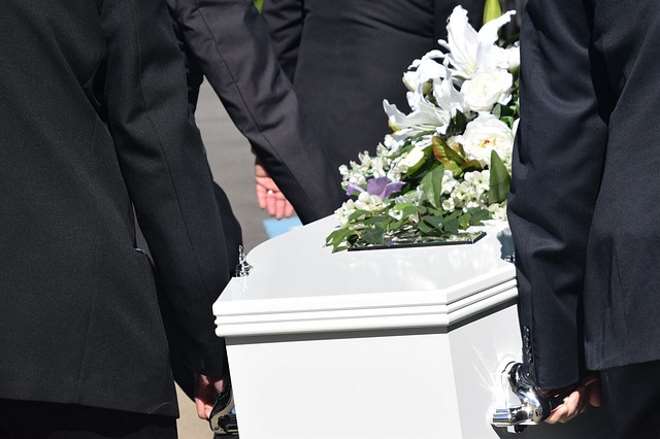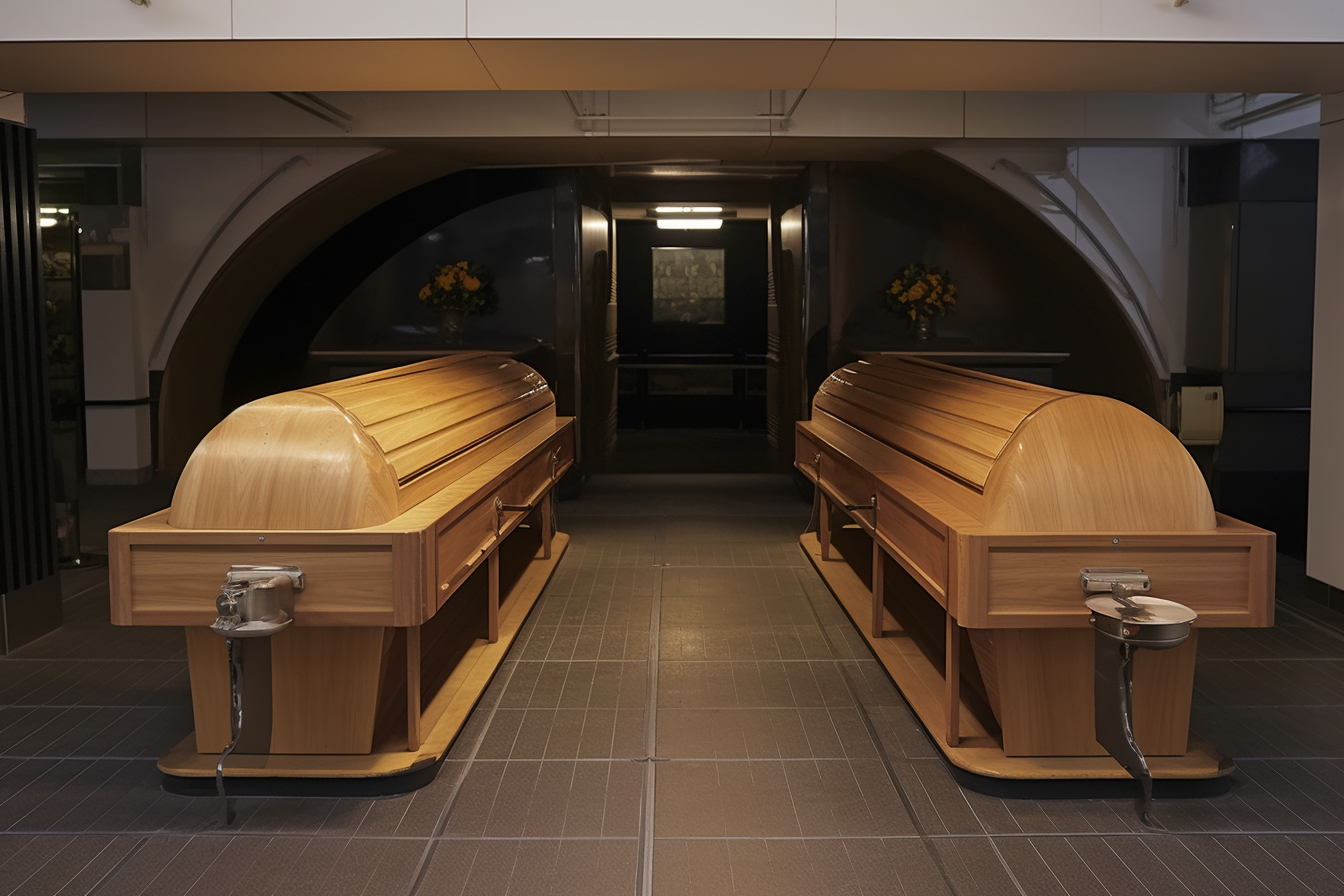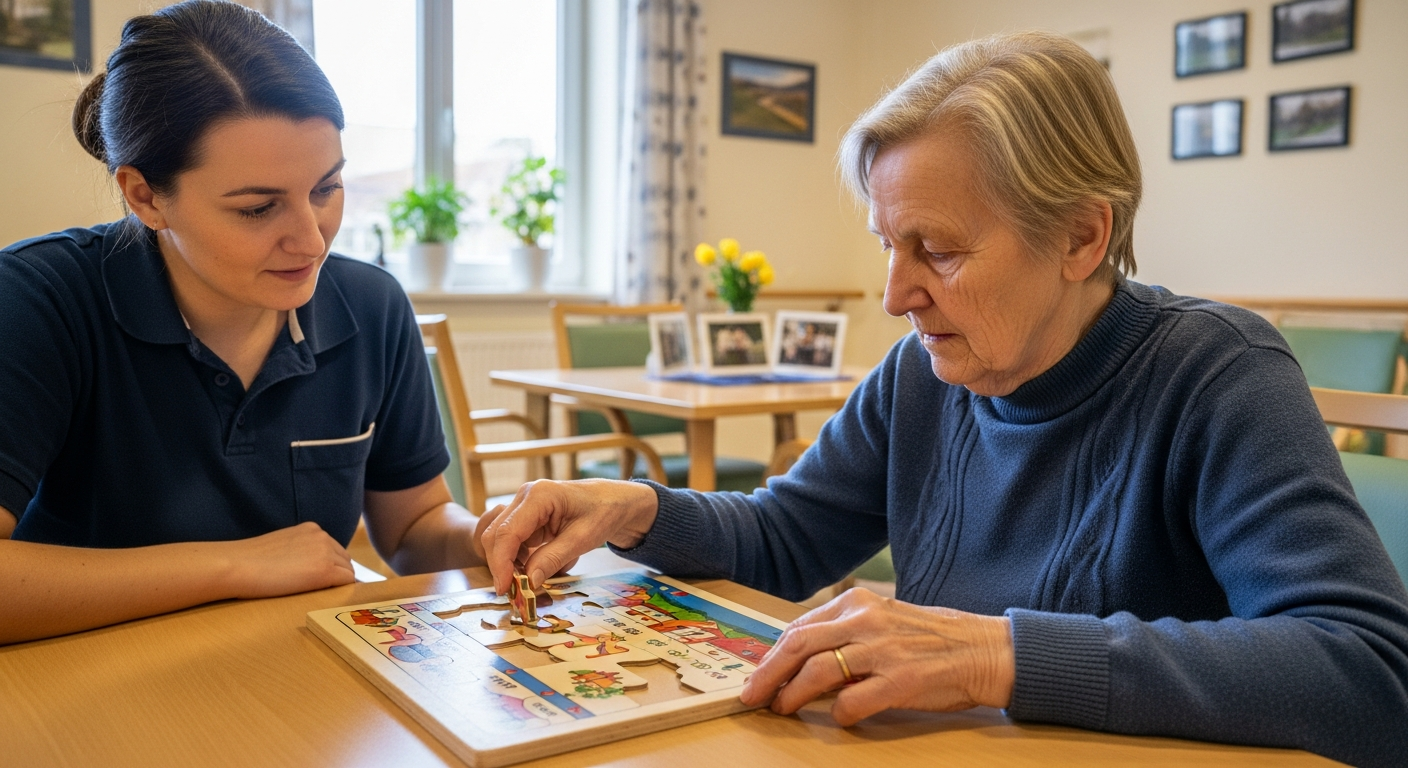Cremation in the UK: A Modern, Respectful Choice for Farewell Planning
Cremation is now the most common funeral choice across the UK, valued for its simplicity, flexibility, and ability to reflect individual wishes. Whether planning in advance or making arrangements for a loved one, understanding the cremation process can bring clarity and comfort. This article explains how cremation works in the UK, the types of services available (from direct cremation to full memorial ceremonies), legal considerations, and the many ways families can honour and remember someone after the service. With supportive visuals and step-by-step guidance, this resource helps families navigate the process with confidence and compassion.

Understanding the UK Cremation Process
The cremation process in the UK follows strict regulations overseen by local authorities and environmental agencies. After death, a medical certificate and cremation application must be completed by the coroner or registrar. The deceased is placed in a coffin or casket, which is then transferred to a crematorium where the process takes place in a specially designed chamber at temperatures reaching 800-1000°C.
The entire process typically takes 1-3 hours, depending on various factors. Afterwards, the remains are carefully processed and placed in a container or urn chosen by the family. All UK crematoriums operate under stringent guidelines ensuring dignity and respect throughout, with full traceability systems maintaining the integrity of the process.
Direct Cremation vs Traditional Service Options
Traditional cremation services include a ceremony at the crematorium, often with family and friends present, music, readings, and a celebrant or religious minister conducting the service. These services typically occur within 2-4 weeks of death and offer the opportunity for communal grieving and celebration of life.
Direct cremation, by contrast, takes place without a funeral service at the crematorium. The body is collected, cremated, and ashes returned to the family without ceremony. This option has grown significantly in popularity, rising from 12% to over 40% of cremations in recent years. Families choosing direct cremation often hold separate memorial services at locations meaningful to them, such as community centres, gardens, or family homes.
Memorial Choices Following Cremation
Following cremation, families have numerous options for memorialising their loved one. Ashes can be scattered in designated areas within crematorium grounds, often beautiful gardens with memorial walls or trees. Many crematoriums offer memorial plaques, benches, or rose bushes as permanent tributes.
Alternatively, families may choose to scatter ashes in locations significant to the deceased, such as favourite countryside spots, beaches, or gardens, though permission may be required for private land. Ashes can also be kept at home in decorative urns, divided among family members, or incorporated into memorial jewellery, artwork, or even planted with memorial trees.
What to Expect at a UK Crematorium
UK crematoriums are typically modern, peaceful facilities designed to provide comfort during difficult times. Most feature chapels or ceremony rooms with seating for mourners, facilities for music and audio-visual presentations, and areas for floral tributes. Staff are trained to handle arrangements sensitively and professionally.
Services usually last 20-45 minutes, allowing time for readings, music, and reflections. Many crematoriums offer webcasting services for distant relatives or friends unable to attend. After the service, mourners often gather in reception areas or gardens for refreshments and shared memories. The crematorium will arrange for ashes to be ready for collection within 2-7 days, or can arrange scattering if preferred.
Cremation Costs and Service Options
Cremation costs vary significantly depending on location, service type, and additional requirements. Understanding pricing helps families make informed decisions during emotionally challenging times.
| Service Type | Provider Examples | Cost Estimation |
|---|---|---|
| Direct Cremation | Pure Cremation, Simplicity Cremations | £995 - £1,695 |
| Traditional Cremation Service | Co-operative Funeralcare, Dignity Funerals | £3,500 - £5,500 |
| Premium Cremation Package | Lodge Brothers, A.W. Lymn | £4,500 - £8,000+ |
| Crematorium Fees Only | Local authority crematoriums | £400 - £900 |
Additional costs may include flowers (£50-£300), memorial plaques (£200-£800), and catering for mourners (£10-£30 per person). Direct cremation providers often include basic coffins, transportation, and all necessary paperwork in their fees, while traditional services typically require separate payments for celebrants, musicians, and venue decorations.
Prices, rates, or cost estimates mentioned in this article are based on the latest available information but may change over time. Independent research is advised before making financial decisions.
Planning Considerations and Support
When planning cremation arrangements, consider the deceased’s expressed wishes, religious or cultural requirements, and family preferences. Many people now include funeral preferences in wills or discuss arrangements with relatives beforehand. Funeral directors can provide guidance on legal requirements, timing, and available options within your local area.
Support services are available through crematoriums, funeral directors, and bereavement organisations like Cruse Bereavement Care. These resources help families navigate both practical arrangements and emotional challenges, ensuring that final farewells honour loved ones appropriately while providing comfort to those left behind.
Cremation continues to evolve as a respectful, flexible option that accommodates diverse beliefs and circumstances. Whether choosing traditional services or modern alternatives, families can create meaningful tributes that celebrate life while providing closure and healing during the grieving process.




